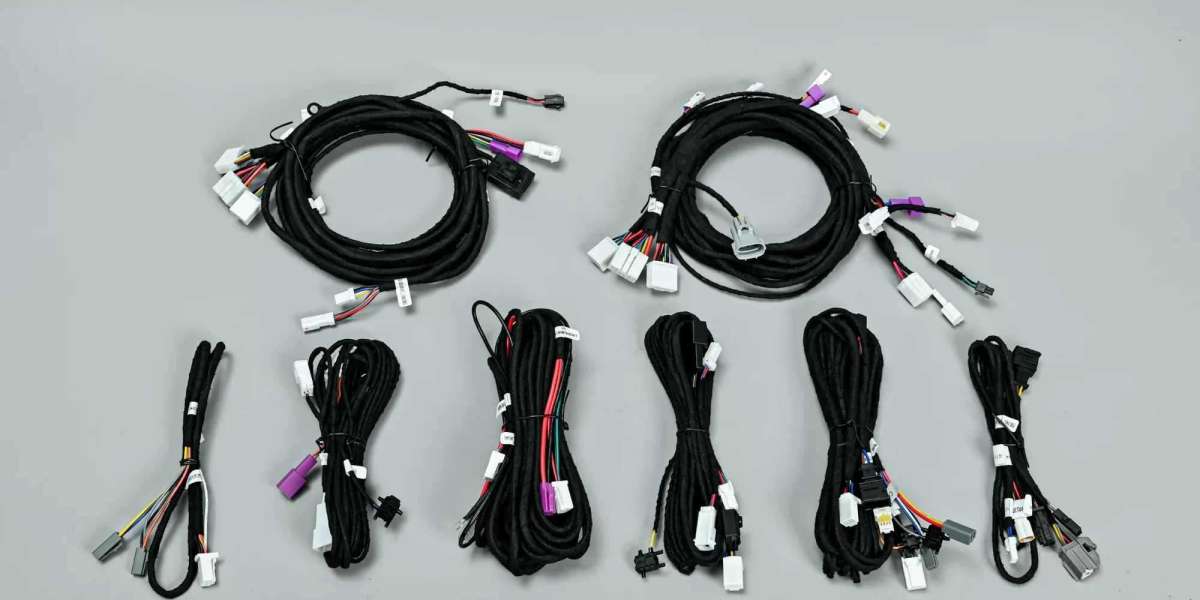Leased lines and broadband are two types of internet connections used to connect businesses and individuals to the internet.
A leased line is a dedicated, private line that connects two points in a secure, high-speed manner. It is a dedicated connection that is not shared with any other users, ensuring a consistent and stable level of speed and service. Large businesses and organizations that require a dependable and high-speed connection for mission-critical applications such as data transfer and video conferencing typically use leased lines.
In contrast, broadband is a shared connection that shares the same infrastructure as other users. This means that depending on the number of users and the amount of data transmitted, the speed and quality of service may vary. Broadband is typically less expensive than leased lines and is preferred by small businesses, home users, and individuals who do not need a dedicated, high-speed connection.
To summaries, the main distinction between Internet leased lines and broadband is that leased lines offer a dedicated, private connection, whereas broadband is a shared connection. Leased lines are typically more expensive but provide a higher level of reliability and service quality, whereas broadband is less expensive but has varying levels of speed and service quality.



